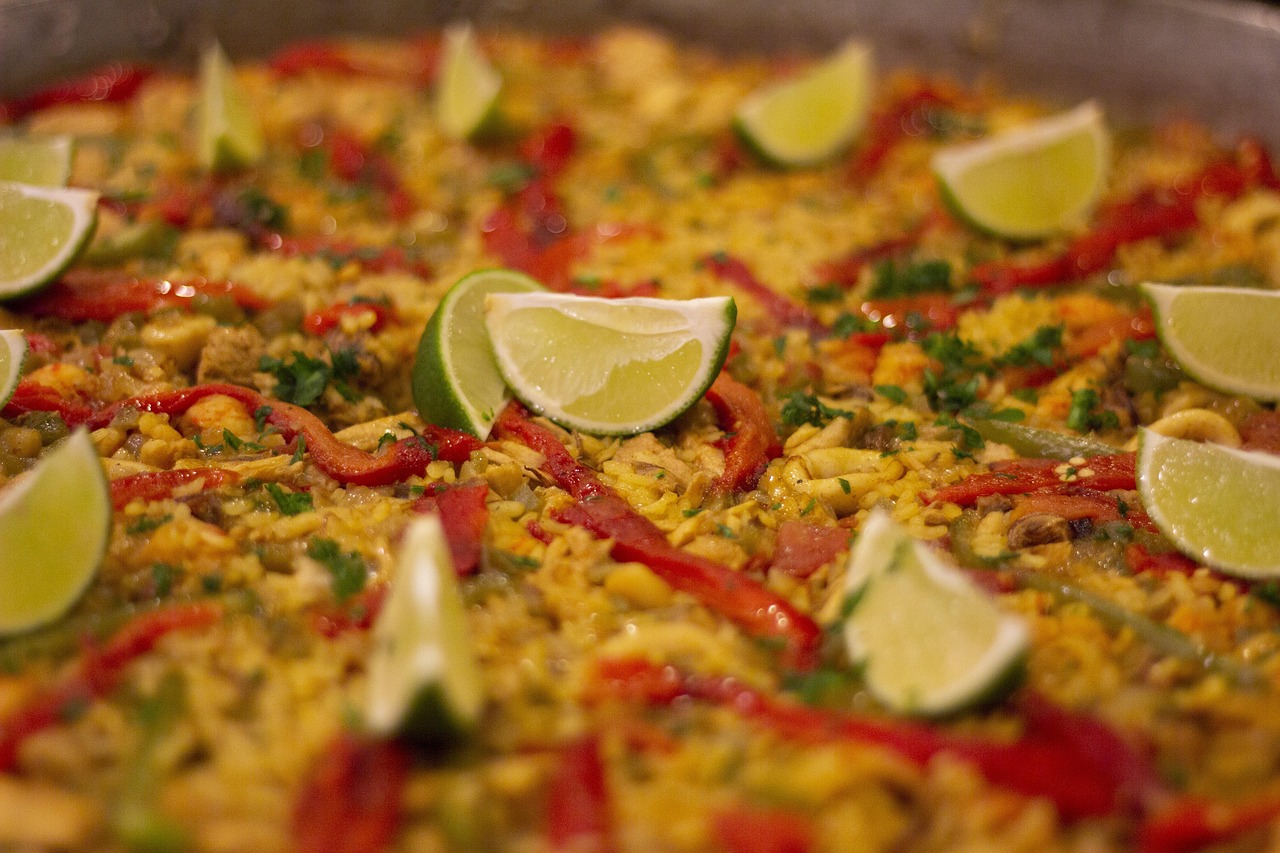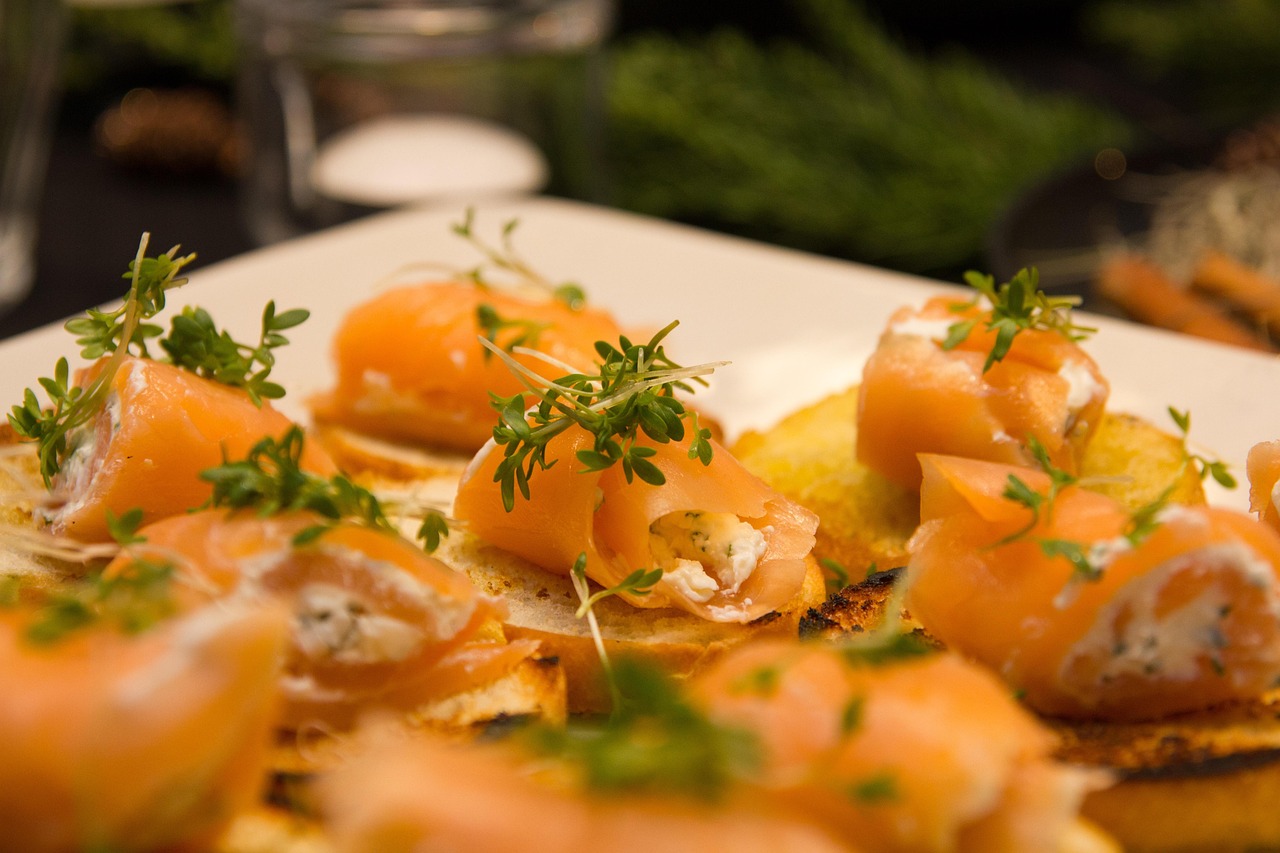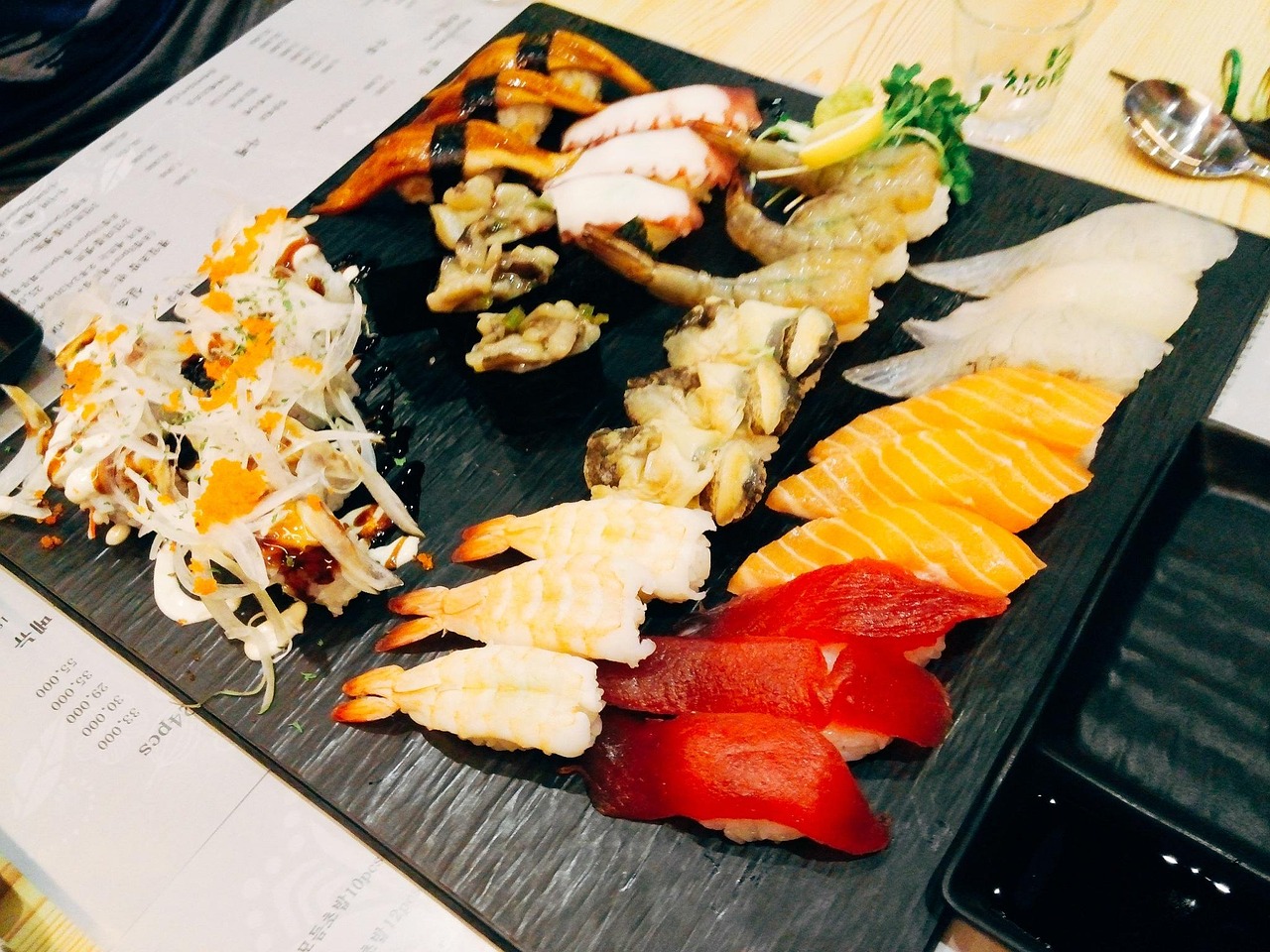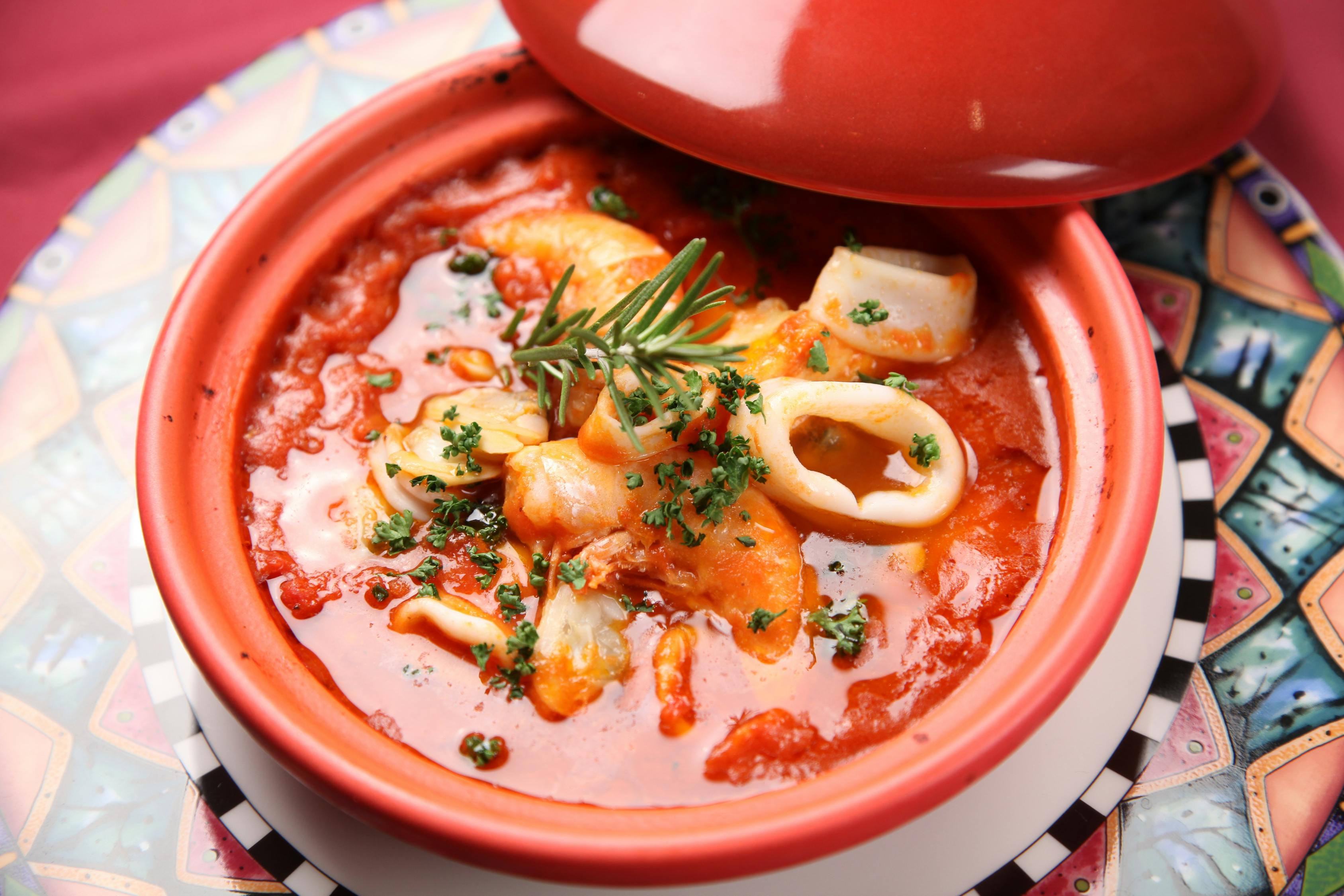Exploring the Richness of Traditional Cuisine Through English-Language Food Documentaries
In recent years, the global fascination with food has transcended mere consumption, evolving into a cultural phenomenon that celebrates the diversity and richness of culinary traditions around the world. Among the various mediums that have contributed to this gastronomic renaissance, food documentaries stand out as a powerful tool for education, entertainment, and cultural exchange. Particularly, English-language food documentaries focusing on traditional cuisines have played a pivotal role in bridging the gap between different cultures, offering viewers a window into the heart of culinary heritage.
The Rise of Food Documentaries
The surge in popularity of food documentaries can be attributed to several factors. Firstly, the advent of digital streaming platforms has made it easier than ever for audiences to access a wide array of content from the comfort of their homes. Platforms like Netflix, Amazon Prime, and Hulu have become hubs for food enthusiasts, offering a plethora of documentaries that explore everything from street food to haute cuisine. Secondly, the increasing globalization of food culture has sparked a curiosity among viewers to learn about the origins and traditions behind the dishes they enjoy. This curiosity is further fueled by the rise of food tourism, where travelers seek authentic culinary experiences as a way to connect with local cultures.
Traditional Cuisine as a Cultural Ambassador
Traditional cuisine is more than just a collection of recipes; it is a reflection of a community's history, geography, and way of life. English-language food documentaries that delve into traditional cuisines serve as cultural ambassadors, introducing viewers to the stories behind the food. These documentaries often feature interviews with local chefs, farmers, and food historians, providing a comprehensive understanding of the ingredients, techniques, and cultural significance of traditional dishes.
One notable example is the documentary series "Chef's Table," which has dedicated episodes to chefs who are preserving and innovating traditional cuisines. In one episode, viewers are introduced to Jeong Kwan, a Buddhist nun from South Korea who has gained international acclaim for her temple cuisine. Through her story, the documentary not only showcases the intricate flavors of Korean temple food but also highlights the spiritual and philosophical underpinnings of her cooking. Similarly, the episode featuring Massimo Bottura, an Italian chef known for his modern interpretations of traditional Italian dishes, offers a glimpse into the evolution of Italian cuisine while paying homage to its roots.
The Educational Value of Food Documentaries
Beyond their entertainment value, English-language food documentaries on traditional cuisines serve as educational resources. They provide viewers with a deeper understanding of the cultural and historical contexts that shape culinary traditions. For instance, the documentary "Jiro Dreams of Sushi" offers an intimate look at the life of Jiro Ono, an 85-year-old sushi master in Tokyo. Through his story, viewers learn about the meticulous craftsmanship and dedication required to perfect the art of sushi-making, as well as the cultural significance of sushi in Japanese society.
Moreover, these documentaries often address contemporary issues such as sustainability, food security, and the impact of globalization on traditional cuisines. The documentary "Sustainable" explores the challenges faced by small-scale farmers in the United States who are striving to preserve traditional farming practices in the face of industrial agriculture. By highlighting the efforts of these farmers, the documentary raises awareness about the importance of sustainable food systems and the need to protect traditional culinary heritage.
The Role of Storytelling in Food Documentaries
One of the key elements that make English-language food documentaries on traditional cuisines so compelling is their use of storytelling. These documentaries go beyond mere recipes and cooking techniques; they weave narratives that connect food to the people, places, and histories that give it meaning. The documentary "Salt Fat Acid Heat," based on the book by chef and food writer Samin Nosrat, is a prime example of this approach. Each episode focuses on one of the four elements—salt, fat, acid, and heat—and explores how they are used in different cuisines around the world. Through Nosrat's engaging storytelling, viewers gain a deeper appreciation for the fundamental principles of cooking and how they manifest in traditional dishes.
Another example is the documentary "The Search for General Tso," which traces the origins of the popular Chinese-American dish General Tso's chicken. The film takes viewers on a journey through China and the United States, uncovering the cultural and historical factors that led to the creation of this iconic dish. By telling the story of General Tso's chicken, the documentary sheds light on the broader narrative of Chinese immigration and the adaptation of Chinese cuisine in America.
The Impact of Food Documentaries on Culinary Tourism
The influence of English-language food documentaries on traditional cuisines extends beyond the screen, impacting the way people travel and experience food. Culinary tourism, which involves traveling to destinations specifically to explore their food culture, has seen a significant boost in recent years, thanks in part to the popularity of food documentaries. Viewers who are inspired by these documentaries often seek out the restaurants, markets, and food producers featured in the films, contributing to the local economies of the regions they visit.
For example, the documentary "Street Food: Asia" has introduced viewers to the vibrant street food scenes in cities like Bangkok, Osaka, and Delhi. The series not only highlights the delicious and diverse offerings of street food but also delves into the lives of the vendors who have dedicated their lives to perfecting their craft. As a result, many viewers have been inspired to visit these cities and experience the street food culture firsthand, leading to a surge in culinary tourism in these regions.
The Future of Traditional Cuisine Documentaries
As the world becomes increasingly interconnected, the role of English-language food documentaries in preserving and promoting traditional cuisines will continue to grow. These documentaries have the power to educate, inspire, and connect people across cultural boundaries, fostering a greater appreciation for the diversity of culinary traditions. Moreover, as the global food landscape evolves, these documentaries will play a crucial role in documenting the changes and challenges faced by traditional cuisines, ensuring that their stories are not lost in the face of modernization.
In conclusion, English-language food documentaries on traditional cuisines are more than just a source of entertainment; they are a celebration of cultural heritage, a tool for education, and a catalyst for culinary tourism. By exploring the richness of traditional cuisines through the lens of these documentaries, viewers can gain a deeper understanding of the world's culinary diversity and the stories that make each dish unique. As we continue to navigate an increasingly globalized world, these documentaries will remain an invaluable resource for preserving and promoting the traditions that define our shared culinary heritage.
















 京公网安备11000000000001号
京公网安备11000000000001号 闽ICP备2023004937号-3
闽ICP备2023004937号-3